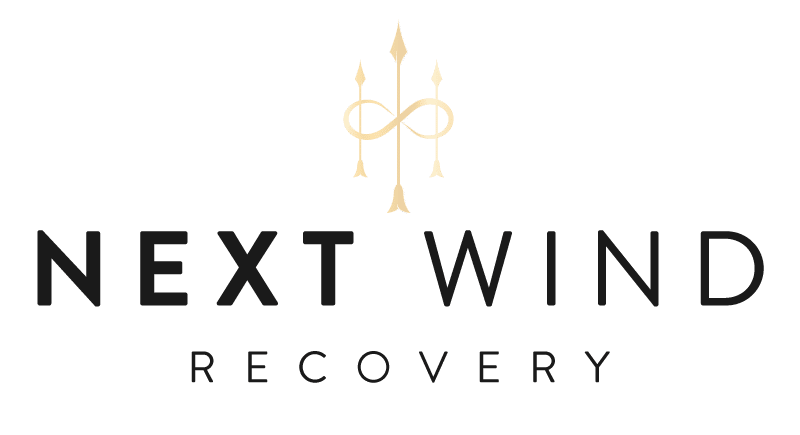Identified a century ago as a potentially addictive and dangerous drug, heroin use has continued across the globe. Heroin is often looked at as a gateway drug to harder drugs as it is easy to access and extremely addictive. Many individuals claim that heroin was their first illegal drug use.
At Next Wind Recovery, we want to help clients achieve and maintain long-term sobriety. Through this process, we offer comprehensive addiction and mental health care that encourages personal growth and life-long change.
Next Wind Recovery is a top-rated drug rehab in New Jersey. Talk with someone from Next Wind Recovery about detoxing from heroin today.
What is Heroin?
Heroin is a narcotic that relieves pain while creating a calming and euphoric high. Heroin is an extremely effective painkiller with addictive qualities. Heroin, while it has previously been used in medical procedures, was found to be so detrimental to the recovery process of clients that it was made illegal in 1924. This illegal opioid narcotic was the most commonly used illegal painkiller until the introduction of fentanyl in the 1980s.
Heroin acts like other common prescription painkillers and is often the first illegal drug that individuals use following problematic use with prescription opioids. Additionally, individuals who use heroin often struggle with other illegal drugs as well, using heroin as a boost because of its’ low cost and how easily they can access it.
How Does Heroin Affect the Body?
Heroin is a very versatile opioid. Individuals looking for heroin can find it in pill, powder, or liquid form, each producing a slightly different high that impacts the body at various speeds. Individuals who inject heroin with a needle can expect to experience a rushing high with an immediate impact. However, it also wears off more quickly, while individuals who ingest the drug in pill form should expect a longer-lasting high that starts more gradually.
When an individual uses heroin, they can expect to feel a calming euphoria connected with pain relief. Heroin blocks the opioid pain receptors in the body, preventing the nerves from identifying pain. In doing so, there is a rush in the brain’s reward center. This rush that creates the calming euphoria is what increases the likelihood of becoming addicted to heroin. Heroin becomes addictive when an individual can not stop using it, chasing the high and pain relief it brings.
What are the Symptoms of Heroin Withdrawal?
Following heroin addiction, individuals can expect to have some moderate to severe physical, emotional, and mental withdrawal symptoms. Heroin is a drug that impacts the brain and body equally, making the withdrawal process difficult to manage independently.
The physical symptoms of heroin withdrawal often include increased pain in the body. Muscle aches, uncontrollable twitching, and joint pain are every day due to overactive nerves. Clients can also expect difficulty sleeping, nausea, weight loss, and diarrhea.
However, sometimes the mental and emotional symptoms of heroin withdrawal can be an even more difficult challenge. During the withdrawal period, individuals can expect to experience cravings, depression, anxiety, and mood swings.
Heroin has been found to alter the brain’s white matter, changing reactions to stressful situations and decision-making.
What is the Timeline for Heroin Withdrawal?
The timeline for heroin withdrawal can vary dramatically depending on the support system individuals choose to utilize. Those who attempt to undergo heroin withdrawal independently can expect to experience more severe symptoms with a longer recovery timeline.
In contrast, individuals who use a detox center or are medically supervised during withdrawal often experience a shorter and less painful withdrawal due to medications and medical support available throughout the withdrawal process.
Typically, individuals begin to feel withdrawal effects in the first 8-16 hours following the last use. Initial symptoms include flu-like symptoms and cravings. Symptoms of withdrawal typically peak in the first 72 hours. At this point, symptoms are the most different for those with support and those going through it independently. Initial withdrawal symptoms can last up to 10 days, but the psychological symptoms of addiction can last for an additional six months. Anxiety, depression, and sleep problems are expected early in rehabilitation treatment and can be more severe if an individual does not utilize treatment.
Next Wind Recovery Offers Heroin Addiction Treatment in New Jersey
At Next Wind Recovery, we offer intensive outpatient treatment in New Jersey to help clients through the initial stages of withdrawal and addiction treatment. Our New Jersey addiction treatment center offers clients a safe and supportive environment to work through a holistic treatment plan designed to support their physical, mental, and emotional health.
Our comprehensive treatment center offers active options with additional aftercare support for individuals who graduate from our treatment programs. What makes us incredibly unique is our different mental health treatment options that individuals can combine with our addiction therapy to provide inclusive treatment options for individuals struggling with mental health diagnoses and addiction.
To learn more about heroin addiction treatment at Next Wind Recovery, speak with a counselor today.








